John Adams, Boston’s Top Attorney
When the French and Indian War ended in 1763, John Adams was single, living on a small farm in Braintree, Massachusetts, and enjoying a flourishing law practice just up the road in Boston. The next year his marital status changed, most would say improved, when he married Abigail Smith. A profitable business and a quiet family life seemed to be in his future, but that soon changed.
The British treasury had been terribly depleted by the recently ended war with France. To replenish their coffers, England’s leaders looked to their American colonies as a source of income. The Ministry reasoned that since much of the cost of the war was spent to protect the colonies, the colonies should foot some of the bill.
Consequently, in 1764, Parliament passed the Sugar Act and followed that up with the Stamp Act in 1765. Colonial leaders like Adams recognized these bills represented more than simply revenue grabs by the Crown. There was the larger constitutional question of whether Parliament had the right to tax the American colonists since they were not represented in that legislative body.
In a series of articles under the pen name “Humphrey Ploughjogger,” Adams argued that the Stamp Act was invalid due to the lack of colonial representation in Parliament. These writings which were printed in the Boston Gazette, as well in London, gained Adams quite a bit of notice in Massachusetts and in other parts of North America.
To fight this legislation, American leaders organized the Stamp Act Congress in October 1765 and nine of the thirteen colonies sent representatives. Due to this unexpectedly united resistance, the Stamp Act was repealed in 1766 and emotions subsided.
With the passing of prominent Boston attorney Jeremy Gridley in 1767 and the continued decline of his peer James Otis, there was an opportunity for an ambitious lawyer like Adams to make his mark. Consequently, he moved his family to Boston in 1768 and his practice began to grow.
In October of that same year, British troops occupied Boston against the wishes of the inhabitants. Not surprisingly, tensions rose over the next year or so and came to a boil on March 5, 1770, in an incident known to history as the Boston Massacre.
William L. Champney. “Boston Massacre, March 5th, 1770.”
It started when a lone British sentry standing his watch was confronted by an angry mob of Bostonians. Other soldiers came to assist their brother in arms and the mob gained numerous supporters as well. The men from Boston began to shout obscenities and pelt the soldiers with ice, rocks, and oyster shells. Some even attacked the redcoats with sticks. As to be expected, shots were fired, resulting in the death of five members of the riotous crowd.
The soldiers were arrested and charged with murder. When no one else would take their case, John Adams stepped forward reasoning that all men deserved legal counsel when appearing before the Court. Adams was brilliant in his defense of these men. During the trial he stated, “Facts are stubborn things; whatever may be our wishes, our inclinations, or the dictates of our passion, they cannot alter the state of facts and evidence.” He obtained their acquittal.
While Adams was unpopular for a brief period, his principled stand and forceful argument enhanced his reputation as a man of ability, honesty, and integrity. Many cases came his way, his star began to rise, and the future of his private legal practice looked bright. However, within three years, the run up to something called the American Revolution would change all that.
WHY IT MATTERS
So why should John Adams’ time as an attorney in private practice matter to us today? John Adams was one of the most conscientious of our Founding Fathers and this characteristic was on full display when Adams was a private attorney. Adams risked his reputation and losing clients by defending the soldiers accused in the Boston Massacre. But this principled man willingly did so because he thought it was the right thing to do. That sort of admirable behavior speaks volumes about Adams’ character.
Moreover, Adams refined his legal reasoning regarding the rights of the colonies while he was in private practice. He penned several articles that clearly explained the constitutional parameters that Parliament was obliged to follow. Adams’ logical argument against legislative oppression planted the seeds of independence in the minds of his fellow citizens and helped pave the road to our separation from England.
SUGGESTED READING
John Adams, A Life written by John Ferling is a great book on our second President. Published in 1992, this narrative is a readable and interesting account of John Adams. It is highly recommended.
PLACES TO VISIT
Boston’s Freedom Trail is truly one of our national treasures. This 2.5-mile path through downtown Boston has sixteen historic sites from the colonial era. From churches and cemeteries to famous houses, there is an incredible amount to see and learn about.
Until next time, may your motto be “Ducit Amor Patriae”, Love of country leads me.

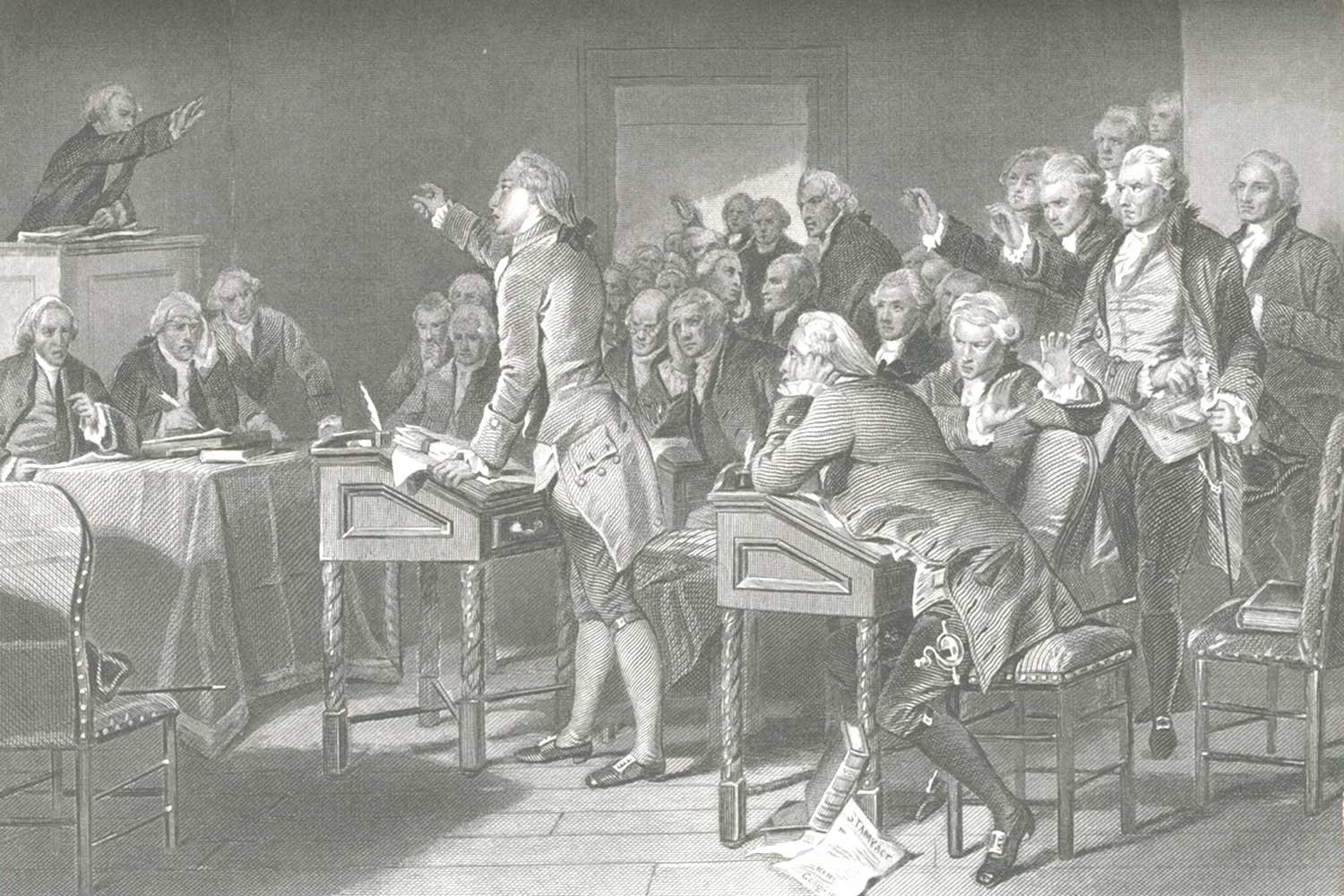
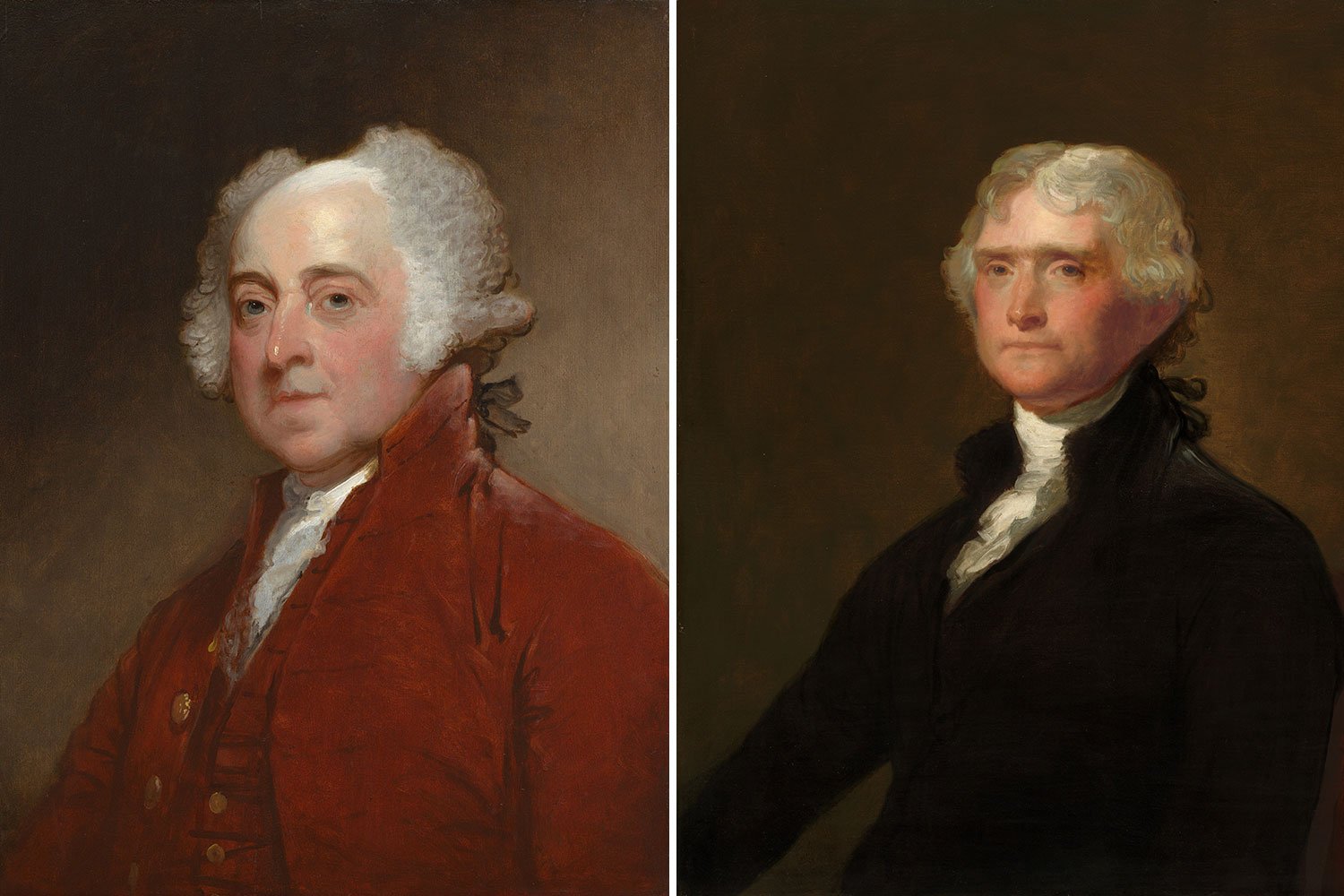
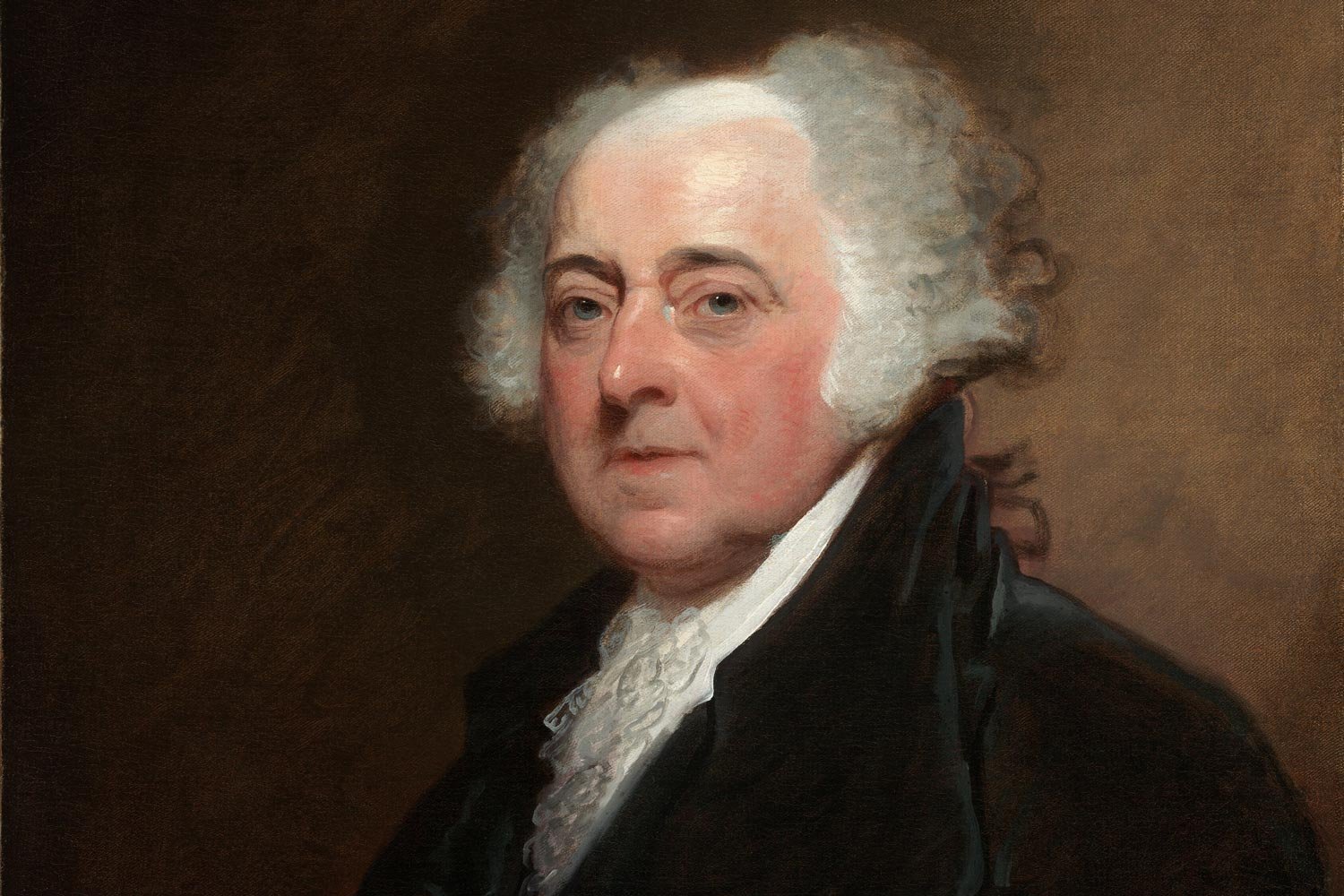
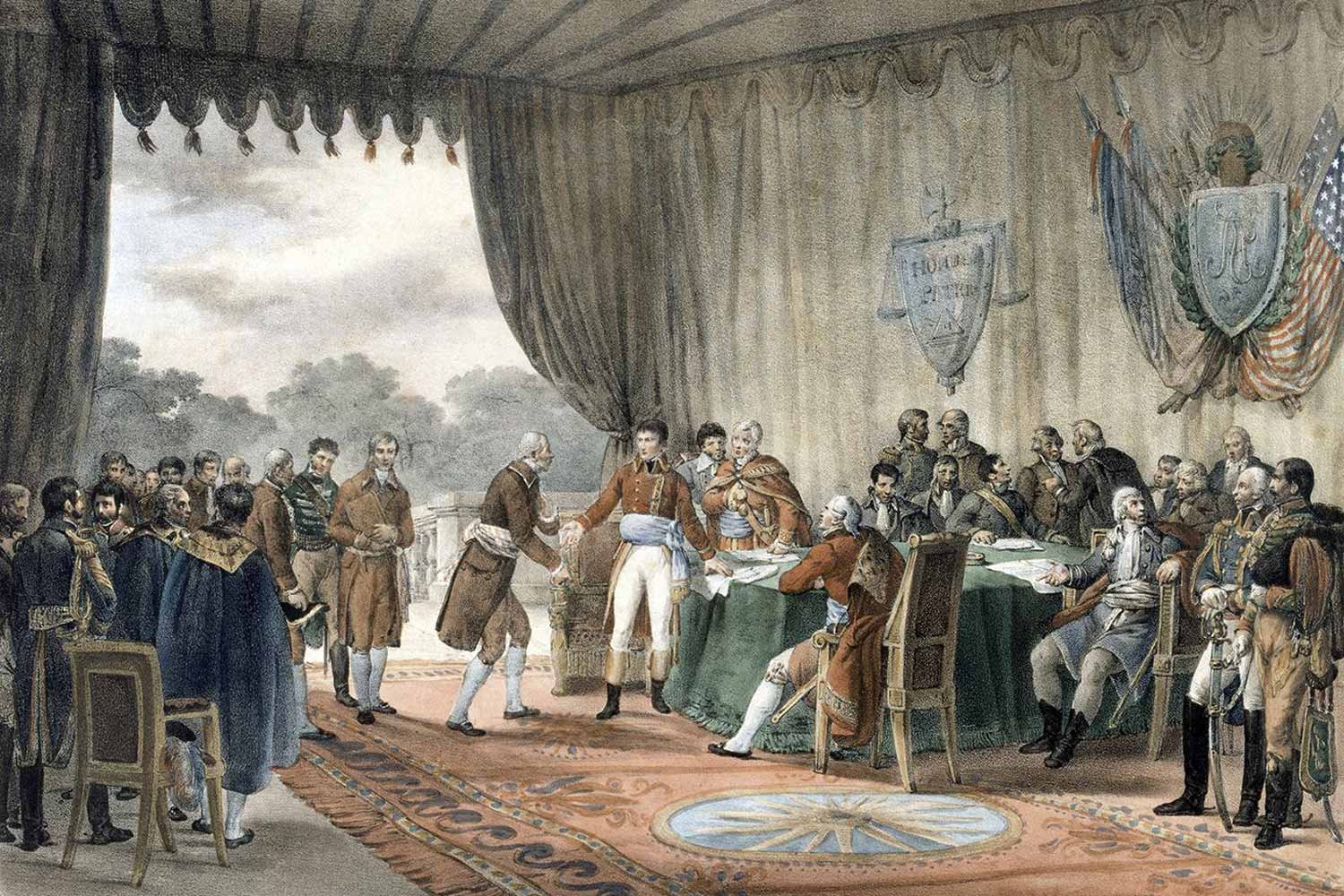


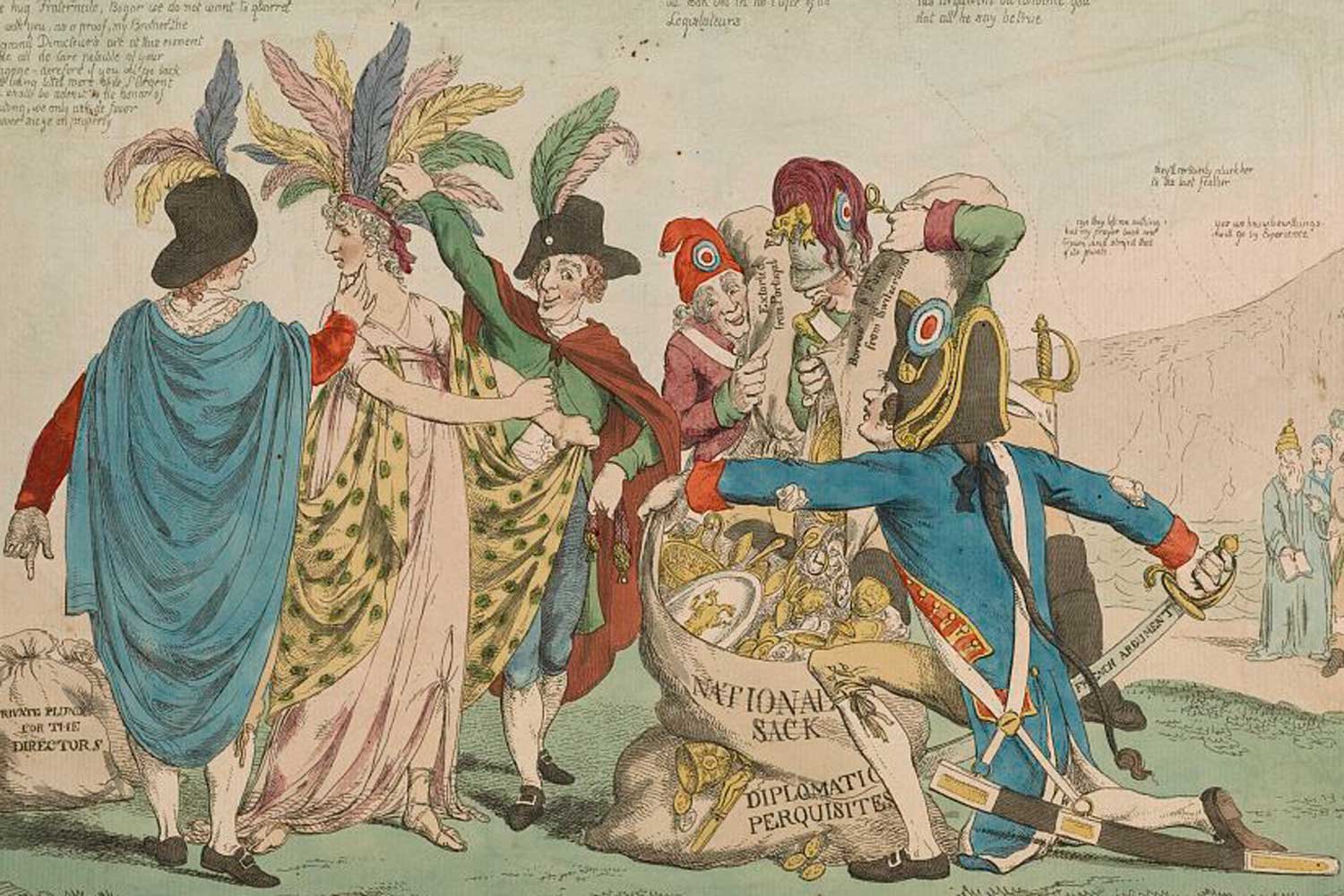
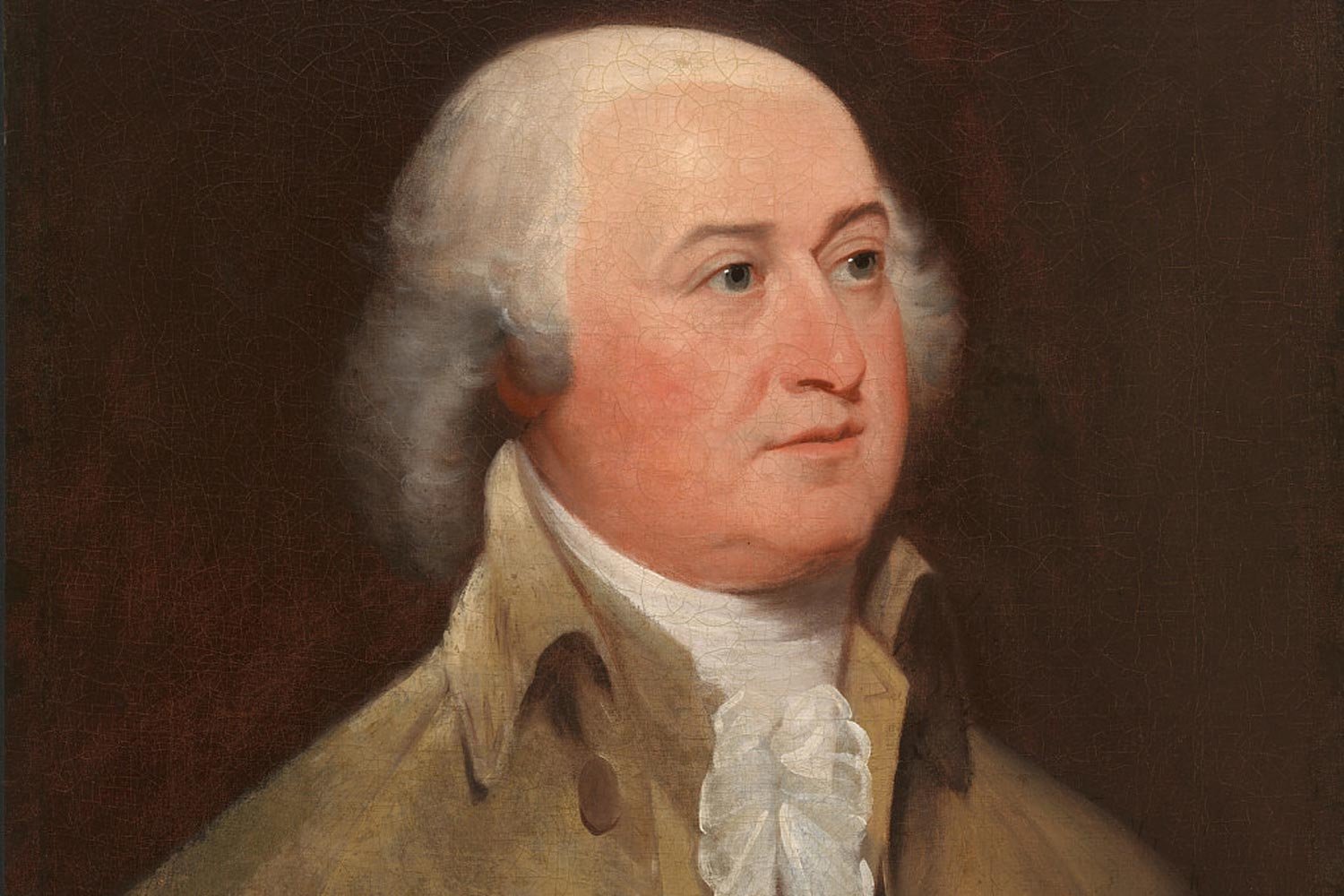
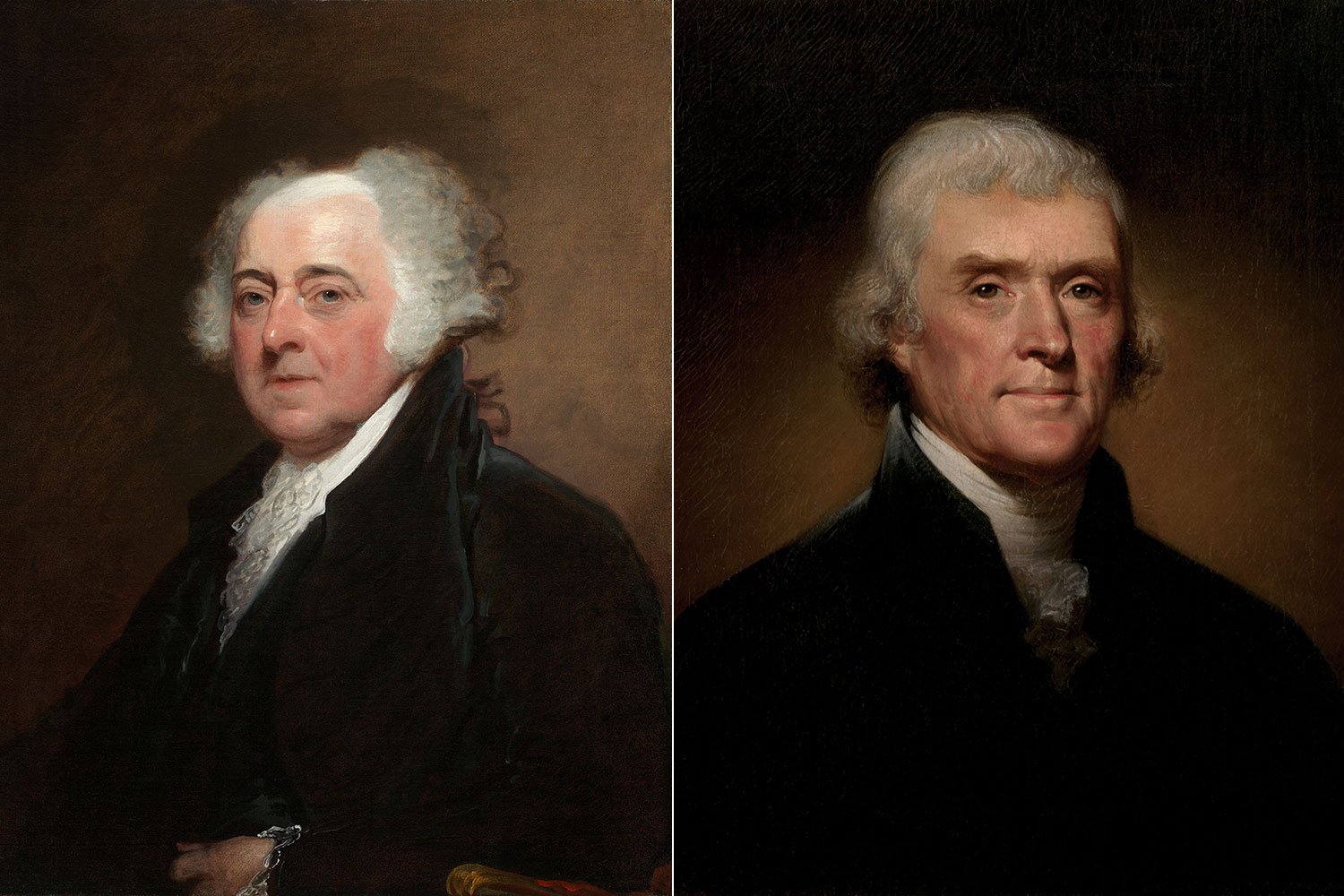
On May 15, 1776, the fifth Virginia Convention meeting in Williamsburg passed a resolution calling on their delegates at the Second Continental Congress to declare a complete separation from Great Britain. Accordingly, on June 7, Richard Henry Lee rose and introduced into Congress what has come to be known as the Lee Resolution.